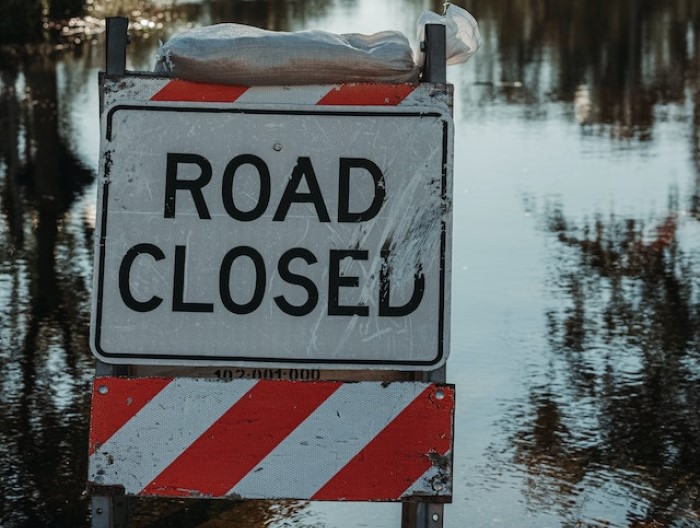
Southwest Florida is still recovering from the devastating impact of Hurricane Ian. Sadly, hundreds of homes, businesses, and lives have been lost. Recovery will be a difficult, long-term undertaking. If you’ve suffered damage to your home and could use help to pick up the pieces and move forward, contact 1-800-Injured to be connected with a Hurricane Ian lawyer who can help you explore options for assistance.
Proof of Loss Form
Proof of Loss forms are statements you sign detailing the costs for repairs and/or replacements for your insurance provider. Via these forms, insurers get information like:
- Incident dates and times
- Loss explanations
- Details of extended or extra coverage
- Reports detailing damages
- Mortgage lender names or legal claimants contractually bound to the property
- Resident details at time of loss
You must submit the form within 180 days of the incident. Forms can be altered later, so you can submit the form and add new information if needed. Payout estimates will come from insurance adjusters and should be scrutinized closely to make sure that the value on paper matches the value of losses and coverage
If the storm damaged your property, we suggest you submit your claim directly to your policy issuer. They will likely have agents staffed 24/7 to help you. As a safeguard against power outages, have policy numbers and insurer phone numbers written down before a storm hits.
What to Expect After You File a Claim
The agency will have an adjuster will reach out to you by phone or email. Always make sure your contact info is current. Adjusters commonly make site visits to properties with more intense damages. If you change addresses because the damages to your home or business have made it unsafe, report your new address to the insurer.
Less severe claims require more patience, as companies may have thousands of claims and tend to handle larger cases first. Record the name, contact number, claims number, and address of the adjuster. Be sure to ask directly what steps come next. Adjusters will have questions. Record all questions and answers.
Sometimes adjusters work in teams of two — an on-site agent and an “office” agent. The office agent handles payouts based on the site agent’s reports. When two agents are present, ask how their responsibilities are divided. Insurers also hire third-party adjusters when the company has more claims than adjusters available. This helps keep them up to speed on claims.
Be proactive. Take photos and videos of everything. Before and after pics are a must. This way damages are clear and not estimated. Be vigilant and diligent. Ask as many questions as you need.
About Repairs
When your home or business is damaged, it’s important to pay attention to where emergency repairs are needed. You can save and submit receipts and claims for temporary repairs like roof tarping, tree removal, drying out your home, and boarding up damaged windows. Permanent repairs are to be made only after meeting with adjusters. Contact 1-800-Injured to be connected with an attorney to learn more.
Avoiding Scams
Unfortunately, after natural disasters, scammers try to take advantage of the situation. These door-to-door crews may arrive, offering services and seeking signatures to guarantee contracts. Never sign anything they give you. It’s a common trick that insurance benefits are signed away in these scams. Legit companies don’t ask people to sign away control of their benefits.
To be sure that you’ll get the services of a licensed contractor in the State of Florida, funnel all of the work to your home through your insurer. They’ll assign a reputable contractor to handle the repairs to your home. Should your insurance company lack a list of emergency contractors for any reason, contact a lawyer to learn about your options.
Personal Property Inventory
Keep all damaged high-value items, and show them to the adjuster. Present them with an inventory list with detailed item descriptions, and the item values clearly marked. You may want to include a “replacement cost” column. Presenting adjusters with more info than less is always a good idea, so feel confident about giving more information than less.
You might also consider contacting FEMA Disaster Assistance. Federal resources might be available to assist you with managing your damages. Federal Disaster Assistance has declared several counties eligible for aid via their website at https://www.disasterassistance.gov, and via phone at 1-800-621-FEMA, 7 am to 11 pm, weekly.







